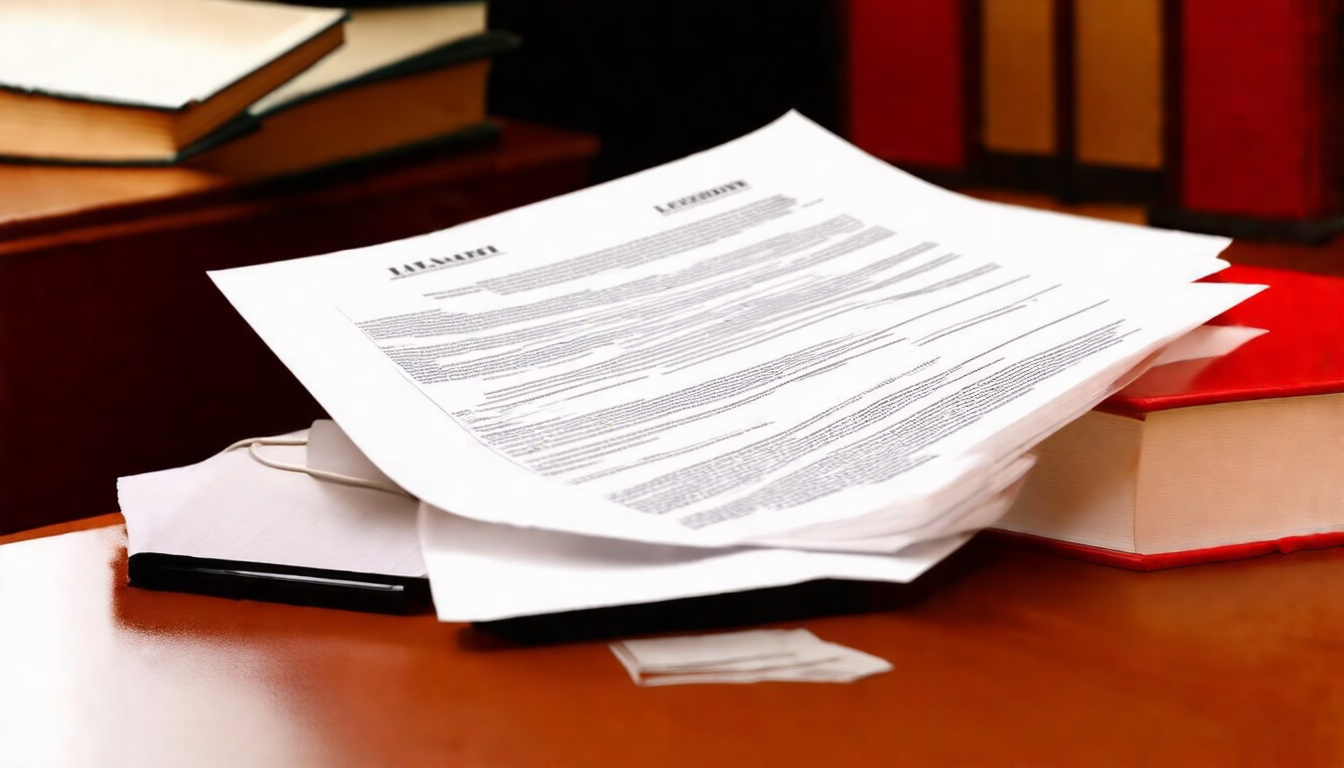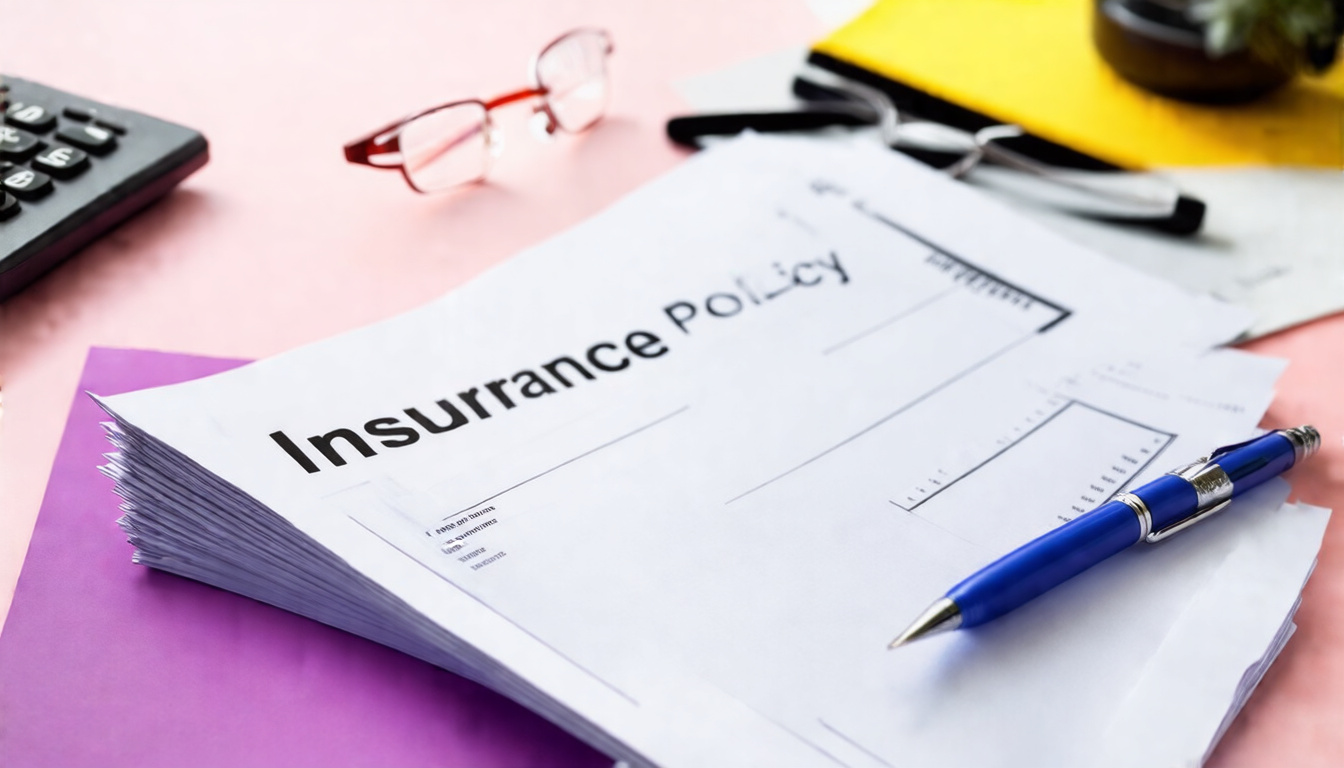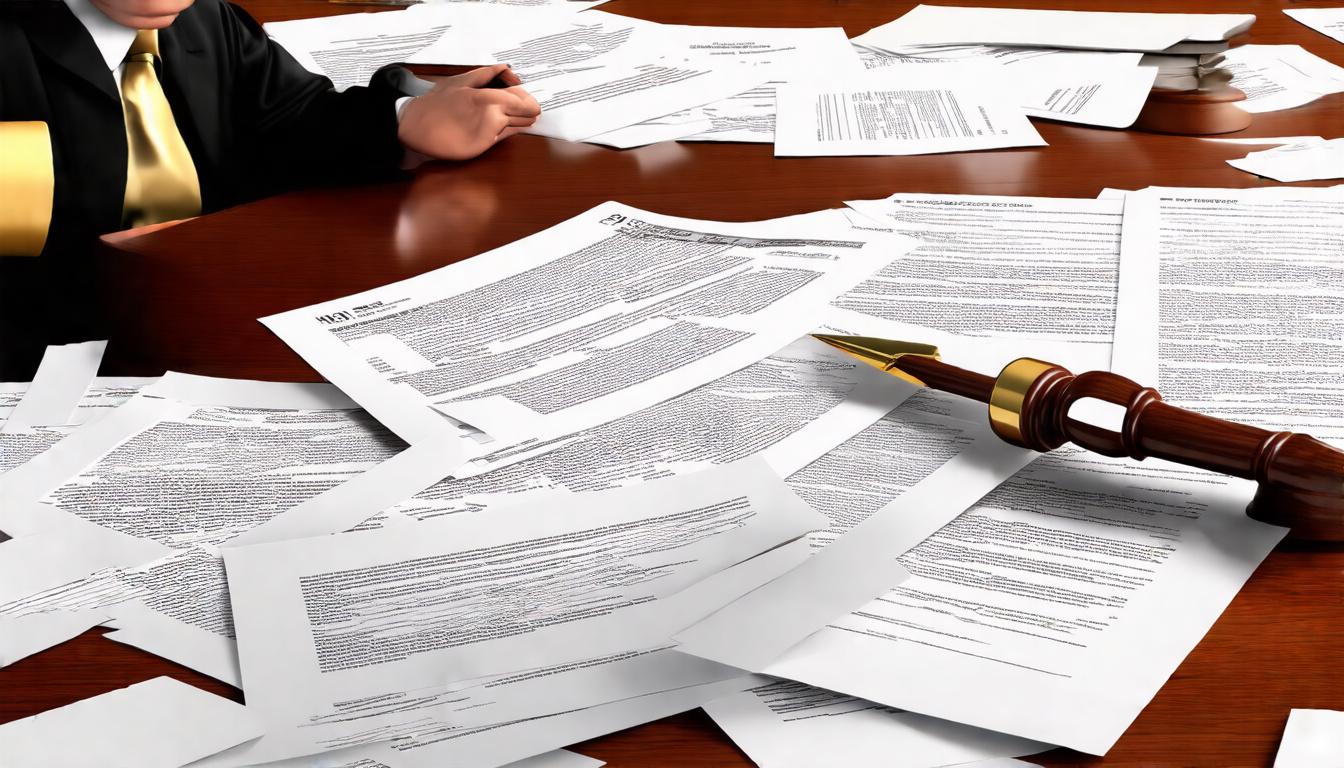In law, duty breach holds a key role in assigning liability and accountability.
A duty breach happens when a person or group fails to meet a legal or ethical duty. This failure can cause harm or loss to another. It matters to legal experts and anyone who needs to know their rights and duties.
This article explores the legal effects of a duty breach, the harm it can cause, and ways to deal with it.
What is Duty Breach?
At its root, duty breach means not meeting a required standard of care.
Law connects duty closely to responsibility. In cases of negligence, a duty breach occurs when someone’s action—or lack of it—hurts another.
For example, a doctor must care for patients. If a doctor does not act properly and a patient is hurt, that is a duty breach. Businesses also must keep products safe, and employers must keep work environments secure.
The Legal Foundations of Duty Breach
To show a duty breach in court, four parts must connect tightly:
-
Existence of Duty
The plaintiff must show that the defendant owed a duty. Duties arise from laws, contracts, relationships, or long-held legal ideas. -
Breach of Duty
It must be clear that the defendant did not keep the duty. This means the actions clearly fell short of the expected level of care. -
Causation
There needs to be a direct link. The breach must be the real cause of the harm. -
Damages
The plaintiff must prove that real harm or loss followed the breach.
Each element acts as a close link. Miss one, and the claim may fail.
Types of Duty Breach
Duty breaches appear in many ways:
-
Negligence
This is common. Not using reasonable care can cause harm. -
Breach of Fiduciary Duty
This happens when someone in trust acts against another’s best interest, as can occur with a trustee or corporate officer. -
Breach of Contractual Duty
Here, a party misses the tasks set out in a contract. -
Professional Malpractice
Professionals such as lawyers, doctors, and accountants must meet high standards. Failing to do so shows a duty breach.
Consequences of a Duty Breach
A duty breach leads to many problems:
-
Civil Liability
The one at fault may pay for damages. This payment covers pain, lost wages, medical bills, and sometimes extra punishment. -
Criminal Charges
In cases of willful misconduct or gross negligence, criminal charges may also follow. -
Injunctions and Specific Performance
Courts can force the breaching party to act as promised or to stop harmful actions. -
Reputational Damage
A duty breach can harm a person’s or company’s good name. This damage can affect future work and relationships.
How to Prove a Duty Breach in Court
Proving a duty breach connects clear facts in court. The steps include:
-
Gather Evidence
Documents, witness comments, expert views, and physical proof show the breach. -
Demonstrate the Duty of Care
Clearly show what duty was owed. -
Show the Breach
Connect the defendant’s lack of action to the expected duty. -
Link the Breach to Harm
Prove that the breach led directly to the injury or loss. -
Quantify Damages
Give a clear count of the financial or emotional loss.
Experts like doctors or industry specialists can tighten the connection between actions and outcomes.

Preventing Duty Breach: Best Practices
Stopping a duty breach calls for clear steps:
- Regular training on legal duties is essential.
- Keep clear records to show that you meet legal standards.
- Create detailed policies and procedures that match legal and ethical rules.
- Get legal advice often to match changing laws.
- Communicate openly with clients, staff, and stakeholders.
These steps build trust and keep breaches from happening.
Frequently Asked Questions About Duty Breach
What is the difference between duty breach and negligence?
Duty breach means failing to meet a legal duty. Negligence is a specific type that causes harm by not taking enough care. In short, negligence is a duty breach with extra focus on poor care.
Can a breach of duty result in criminal charges?
Yes, when a breach involves deliberate harm, gross carelessness, or results in severe injury or death, criminal charges might follow. Most breaches, however, lead to civil claims.
How are damages calculated in a duty breach case?
Damages are measured by the losses the victim has faced. These losses include medical costs, lost earnings, property damage, and emotional pain. In some cases, courts add extra punishment through punitive damages.
The Importance of Legal Guidance in Duty Breach Cases
Understanding duty breach in law is not simple. Skilled legal help makes a strong case. Whether you need to claim or defend, good advice helps you know your rights, collect the needed proof, and build a strong case.
Courts check every link in a duty breach claim. Careful preparation with an expert attorney can secure the best outcome.
Conclusion: Safeguarding Your Interests Against Duty Breach
Duty breach carries strong legal and personal risks. Knowing your duties and rights is crucial. Whether you are a professional, a business owner, or someone seeking fairness, clear knowledge helps protect your interests.
Do not wait for a breach to ask for help. With careful legal planning and clear adherence to your duties, you can lower your risks. If you think you face a duty breach, talk to a legal expert as soon as possible.
Take action now. Contact an attorney who specializes in this law to review your case and guide you confidently through the legal system. Your future depends on clear understanding and careful action within your legal duties.
Author: Doyle Weaver, Attorney at Law
Home | Estate Planning | Personal Injury | Hill Country Lawyer | Terms of Service | Privacy Policy
© 2025 Digital Law Firm, P.C.
Disclaimer: The content provided in this blog is for educational and informational purposes only. It is not intended to constitute legal advice or establish an attorney-client relationship. The information presented does not address individual circumstances and should not be relied upon as a substitute for professional legal counsel. Always consult a qualified attorney for advice regarding your specific legal situation. The author and publisher are not liable for any actions taken based on the content of this blog.


















